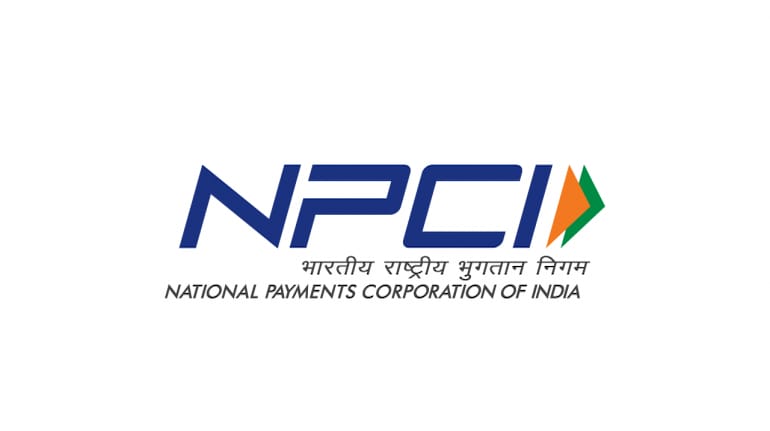



The Reserve Bank of India (RBI) is worried that the National Payments Corporation of India (NPCI), which processes nearly half of all the digital payments across the country, may become a monopoly and be a too-big-to-fail entity in India's retail payments sector.
The central bank published a consultation paper on January 21 where it discussed the pros and cons of a single operator for all retail payment systems including National Financial Switch (NFS), Immediate Payment Service (IMPS) and Unified Payments Interface (UPI), among others.
The regulator wants to encourage competition and innovation in the fast-growing sector and is seeking to invite more players to the industry by relaxing entry and other regulations.
"The Reserve Bank had announced that it would encourage more players to participate in and promote pan-India payment platforms. The objective is to minimise the concentration risk in the retail payments market, from a financial stability perspective and to give a fillip to innovation and competition," the note said.
"NPCI has become an organisation which is pivotal to operations of many of the critical retail payment systems of the country with concentration of many tasks. In October 2018, NPCI processed nearly 48 percent of the retail electronic payment transactions in volume terms, aggregating to 15 percent of the value of retail electronic payment transactions," it added.
There were 89 authorised non-bank payment system operators across money transfer, ATM networks, cards, wallets, etc. at the end of December 2018. Dominant in the cards space were Visa and Mastercard, while non-bank entities such as MobiKwik and PhonePe ruled in the wallets and funds transfer segment.
NPCI, a 'not for profit' company, was set-up in December 2008 as an umbrella organisation for retail payment systems in India under the guidance of RBI and the Indian Banks' Association (IBA). With initial shareholding of 10 promoter banks, the ownership has since been diversified to 56 banks.
While a single player in any sector ensures uniformity in operations, it also crushes innovation and upgradation. The central bank has invited comments on the same till February 20.
Discover the latest Business News, Sensex, and Nifty updates. Obtain Personal Finance insights, tax queries, and expert opinions on Moneycontrol or download the Moneycontrol App to stay updated!
Find the best of Al News in one place, specially curated for you every weekend.
Stay on top of the latest tech trends and biggest startup news.